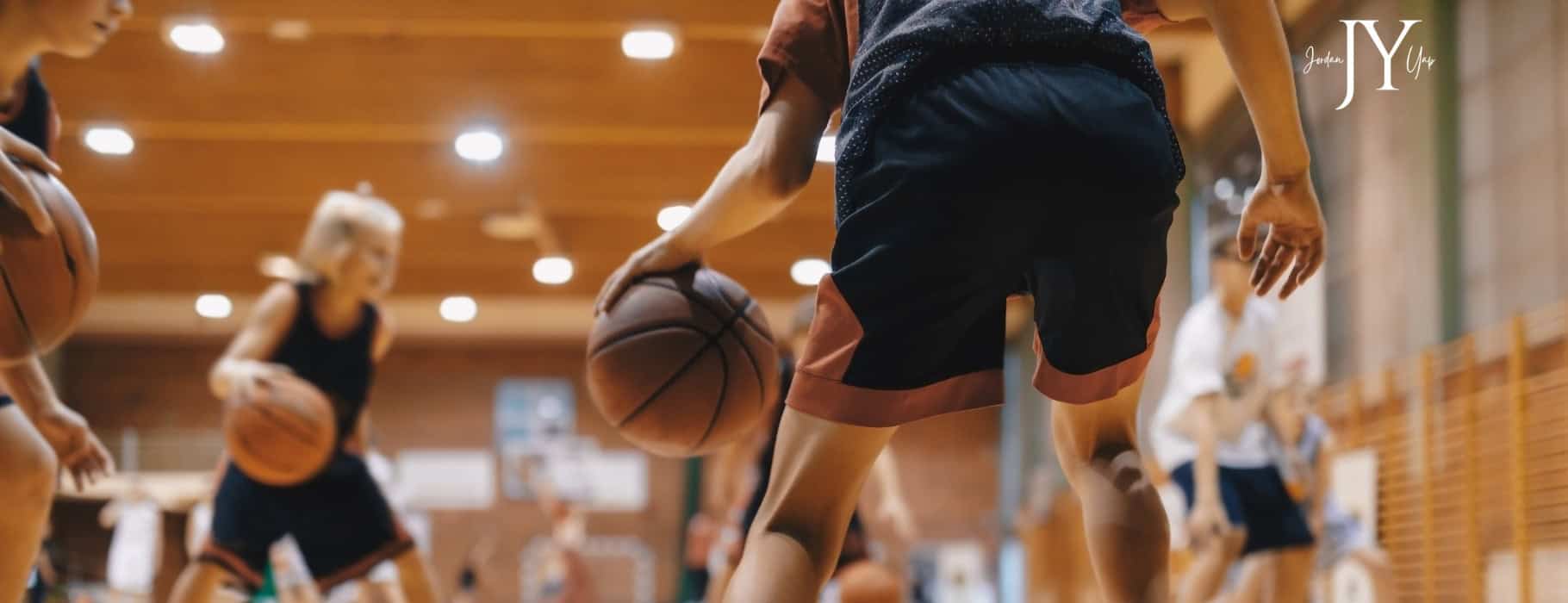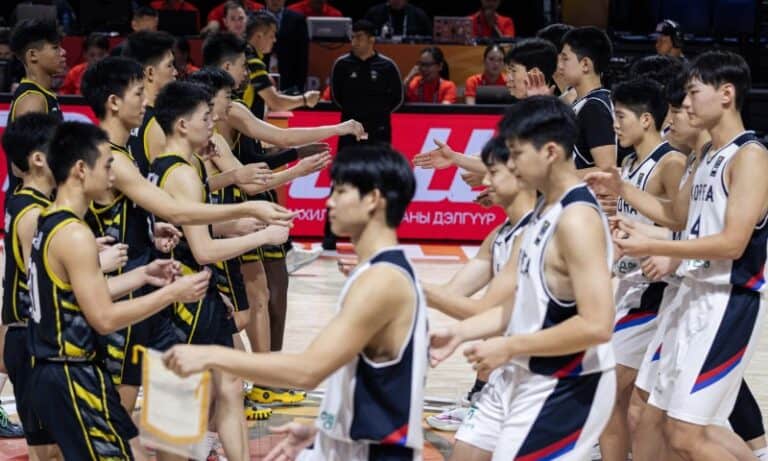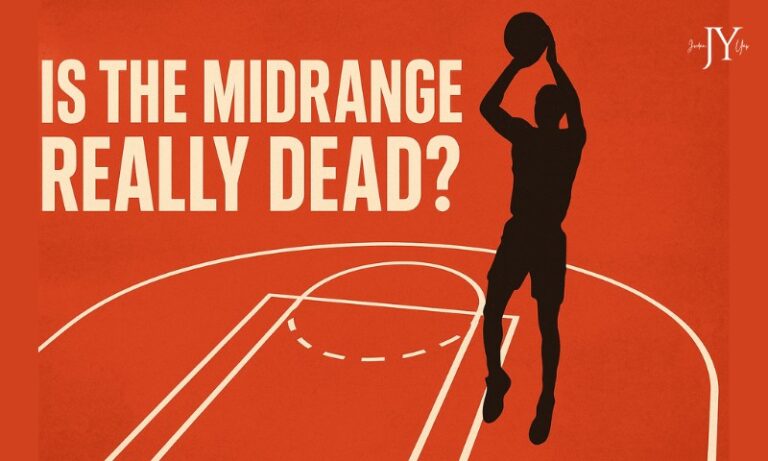
“Persistent effort will get you to your goal” is WRONG. Only by investing enough time with the right method can you truly improve. There’s no other way.
Rereading Peak: Secrets from the New Science of Expertise (刻意練習) reminded me of that. A line from the preface hit hard, so I shared it on Facebook.
My friend Coach Su Chung then shared it and added reflections from the EHCB Coaches Congress in Greece he attended recently. His perspective sparked this week’s newsletter: if time is scarce at the top, how do we make every minute meaningful?
Elite Teams Have No Time to Waste
Elite clubs in the EuroLeague don’t enjoy endless practice hours. Travel, recovery, and packed schedules squeeze contact time. Every wasted minute is gone for good.
For players, practices are short, sharp, and game-linked. For coaches, the burden grows: more film to cut, more plans to refine, more drills to design, so every session teaches something that shows up on the floor.
In modern basketball, the smartest practice is worth more than the longest one.
Why Grassroots Becomes Critical
If pros can’t rewind to fix basics, where should they be learned? At the grassroots, where space, patience, and repetition still exist.
Su Chung’s point is simple: by the time athletes reach the top, it’s far harder to repair foundational gaps in decision-making, spacing, or reading the game. Professional environments move forward; they rarely have time to go back.
This is Peak in action. Deliberate practice targets weaknesses with feedback; it doesn’t pile on empty hours.
If youth players spend formative years only “working hard,” they’ll hit a wall later because elite teams don’t have minutes to reteach fundamentals. Trying to fix a foundation after the skyscraper is up is costly and painful.
The Dangerous Belief in “Later”
Too often we still measure dedication by hours. Players boast about extra sessions. Parents equate sacrifice with progress. Coaches extend practices, thinking more time equals more growth.
Reality is harsher: misapplied effort is opportunity lost. Delay proper teaching and you gamble with the one resource you can’t replenish—time. By university or semi-pro level, learning the fundamentals becomes far more difficult. You can unlearn bad habits and rebuild skills, but it takes much more effort and often comes with setbacks. What could have been natural becomes an uphill climb.
“Later” almost always turns into “much harder later.” Leave it long enough, and it slips into “never.”
From Effort to Design, Efficiency, and Time
Looking back at the past newsletters—Coach Iurgi Caminos on “It’s not how much you practice, it’s how well you practice,”, Coach Tang Weijie (AJ) on “Why Hard Work Alone Won’t Make a Player Better,” and now Coach Shu Cong’s reflection , we see a trilogy that points to one clear path forward.
- Design (Coach AJ): Progress must be planned, not left to chance.
- Efficiency (Coach Caminos): Short, focused sessions beat long, empty hours.
- Time (Coach Su Chung): What isn’t taught early is expensive to recover later.
What Coach Su Chung observed aligns with Coach AJ and Coach Caminos: effort alone isn’t enough. Development anywhere in the world must value design, efficiency, and time over sheer hours.
Three coaches from different backgrounds—Taiwan, Spain, and Malaysia—converge on the same truth. When lessons rhyme across contexts, the issue isn’t local; it’s cultural.
Final Reflection
Coach Su Chung asked in his post: How do these lessons apply to us here?
I think the answer would be: start where time still exists—at the grassroots. Respect minutes early to unlock potential later. Prioritize quality over quantity so players can stand tall when the game is on the line.
Every minute counts. Waste it early, and you’ll pay for it forever.
Thanks for reading. See you again next week.
— Jordan
If this reflection resonates, you can subscribe to the newsletter for more stories like this—or support the work on Buy Me A Coffee. Your support helps me keep sharing insights that connect basketball, culture, and growth.





